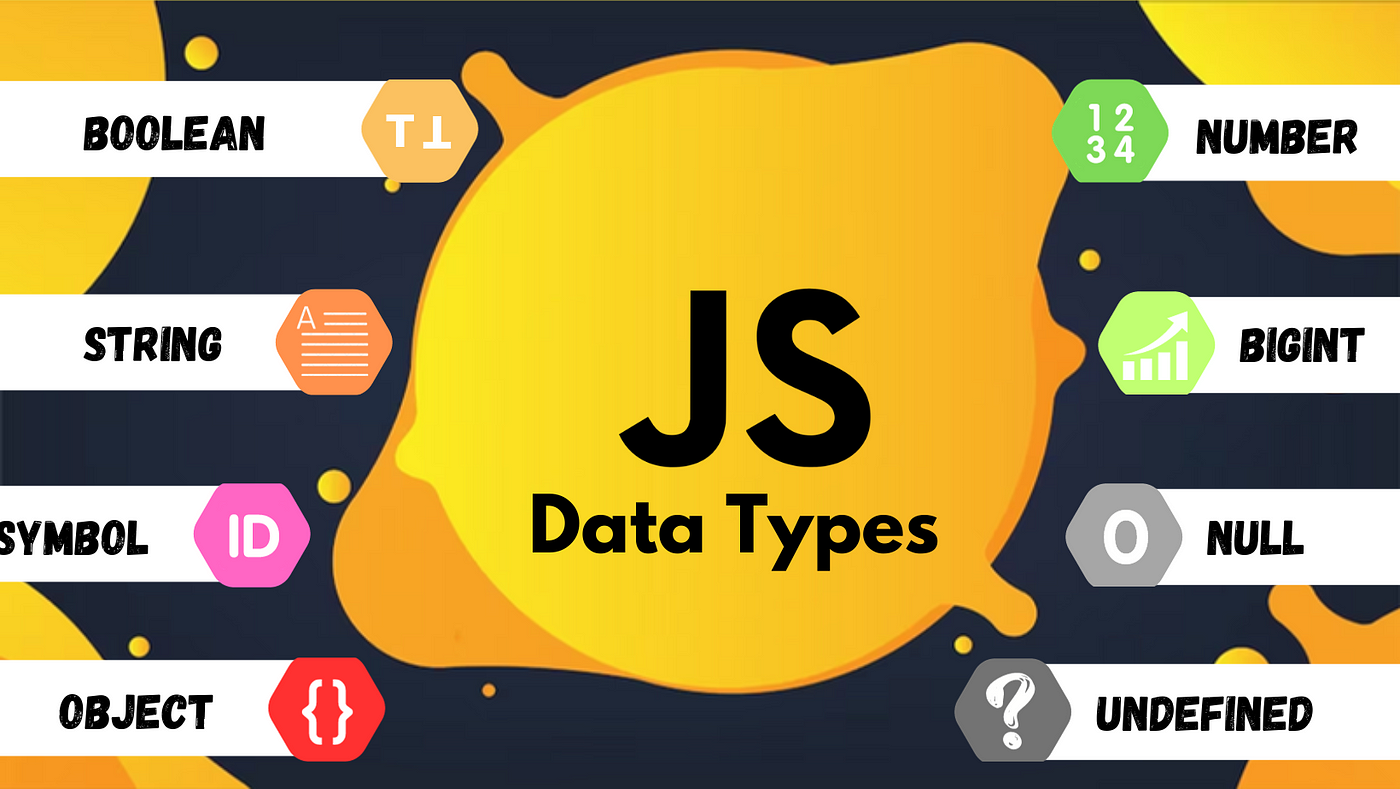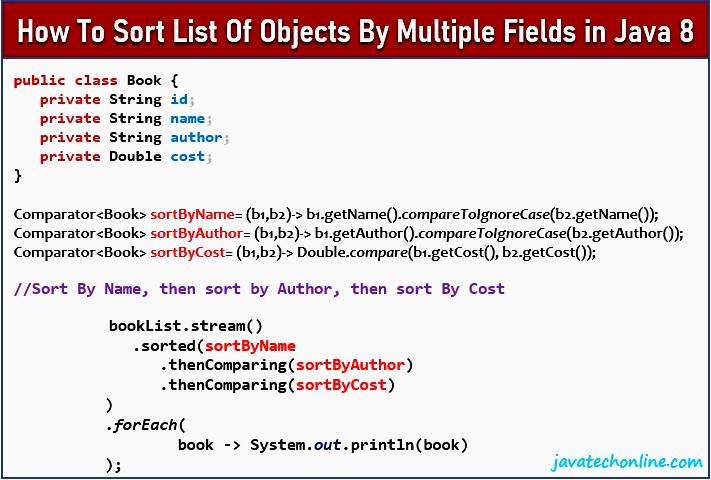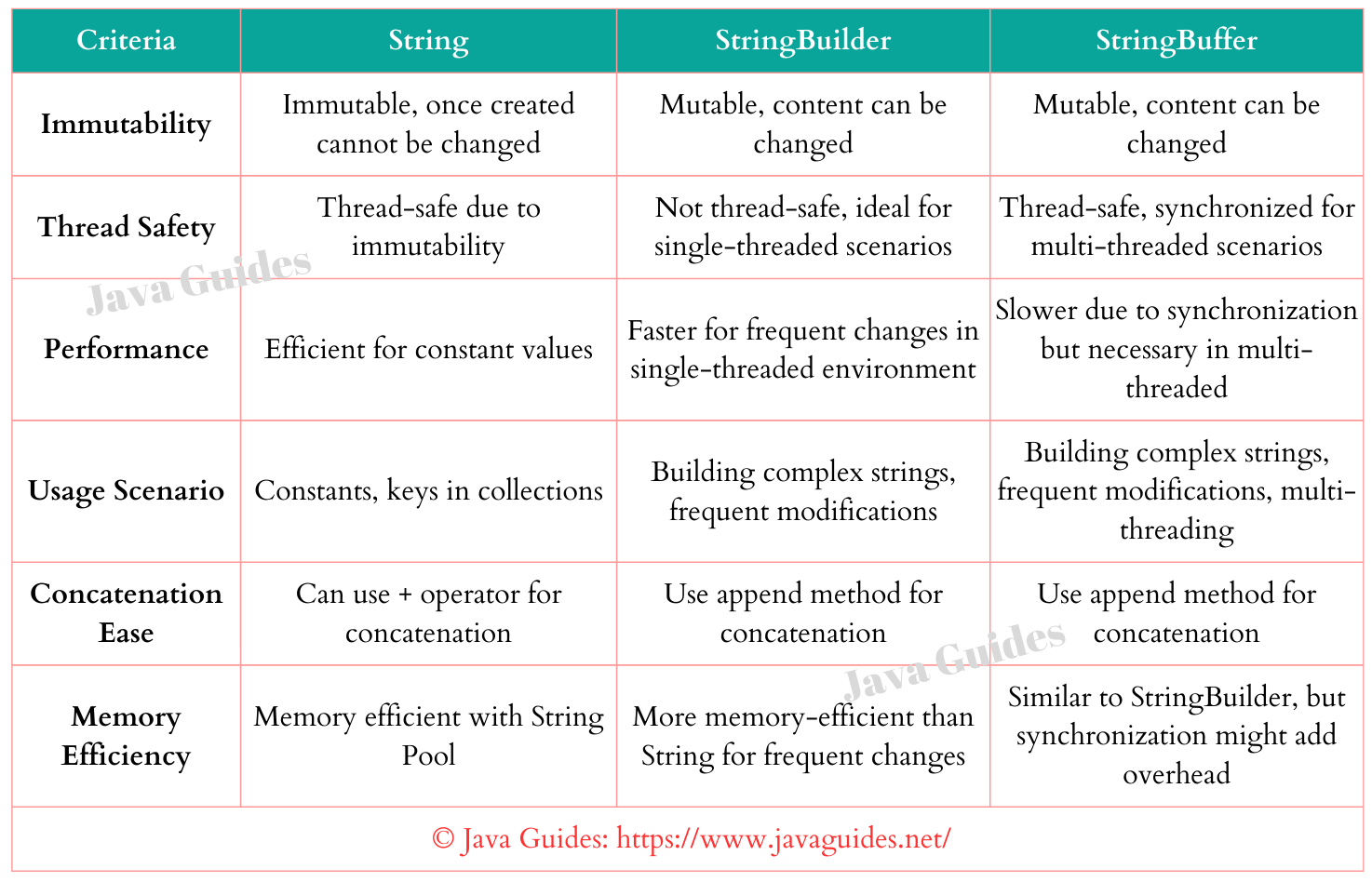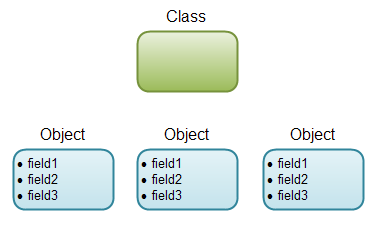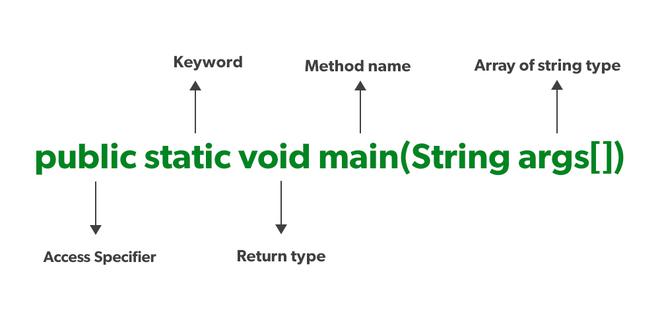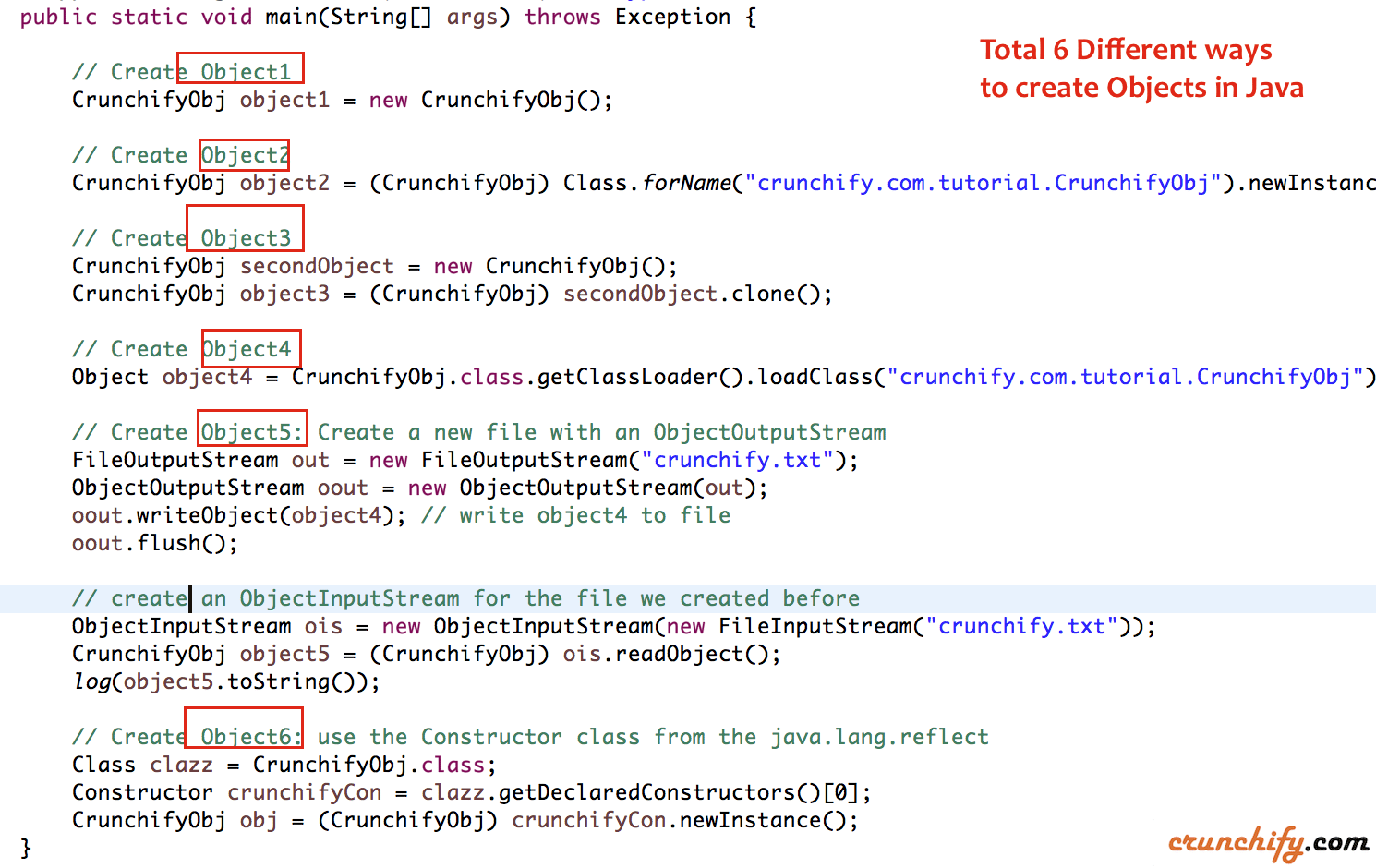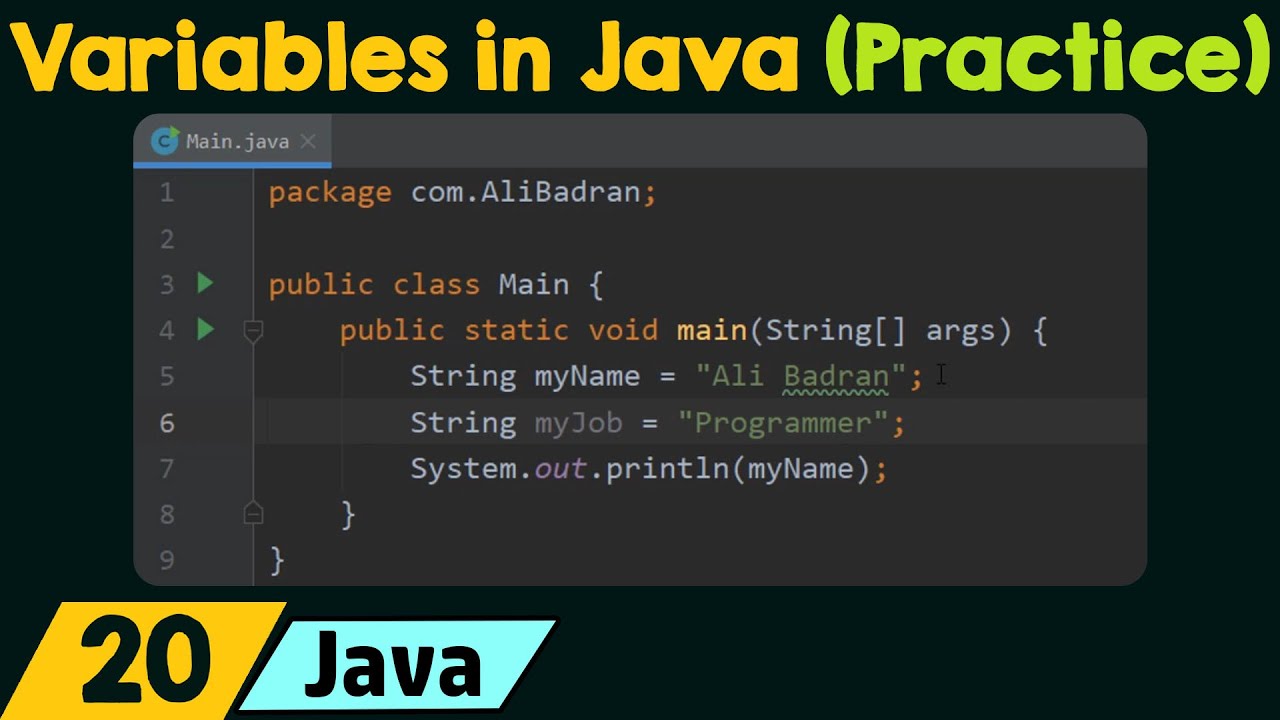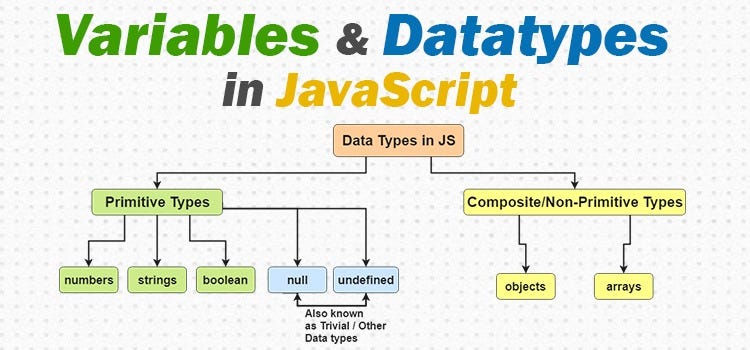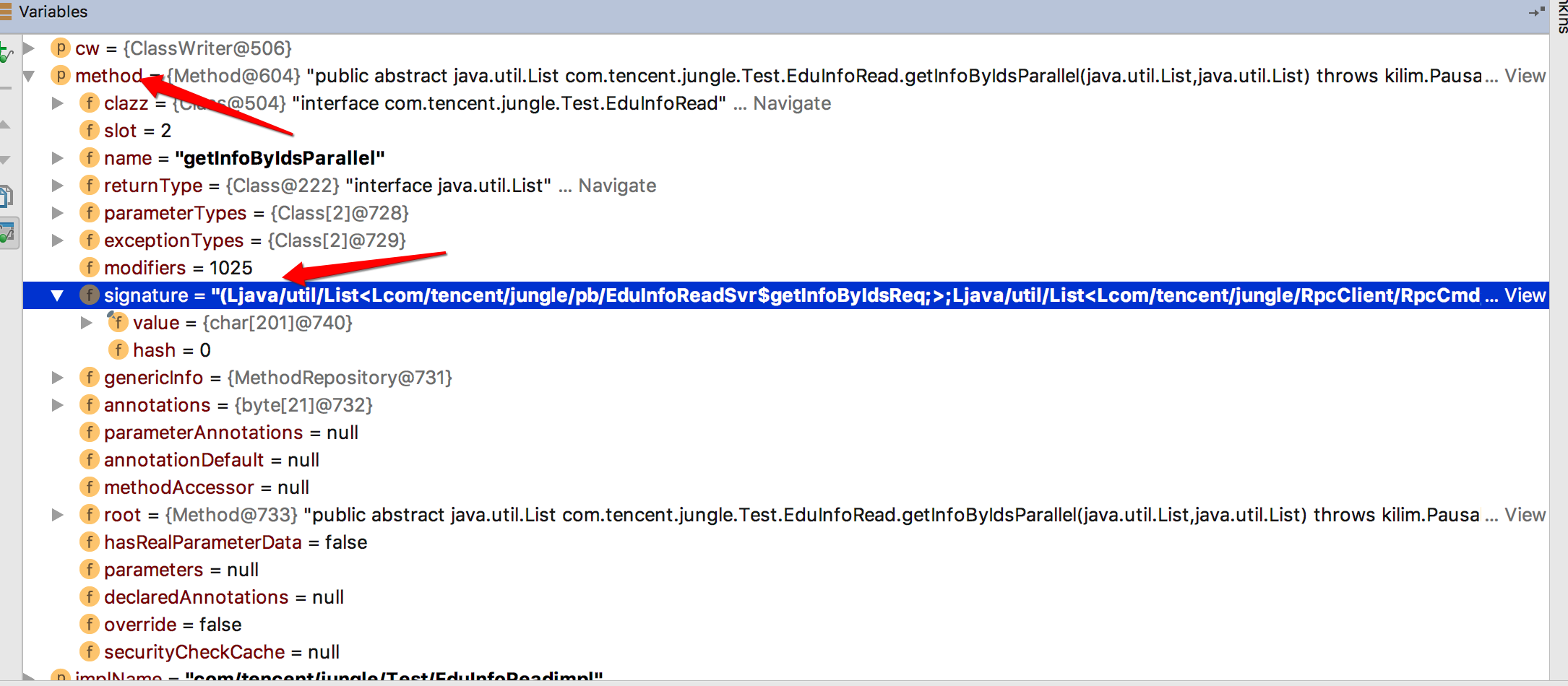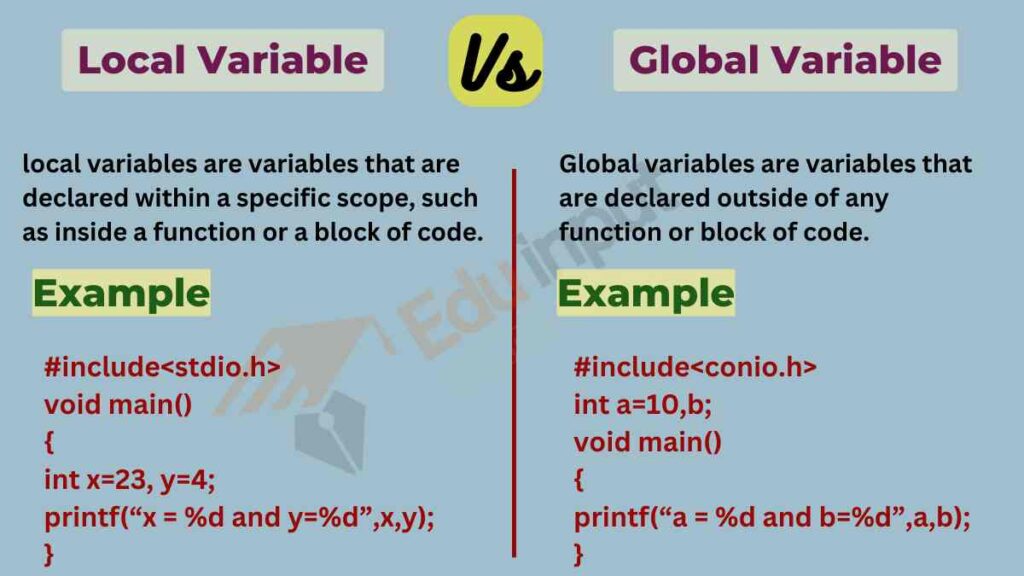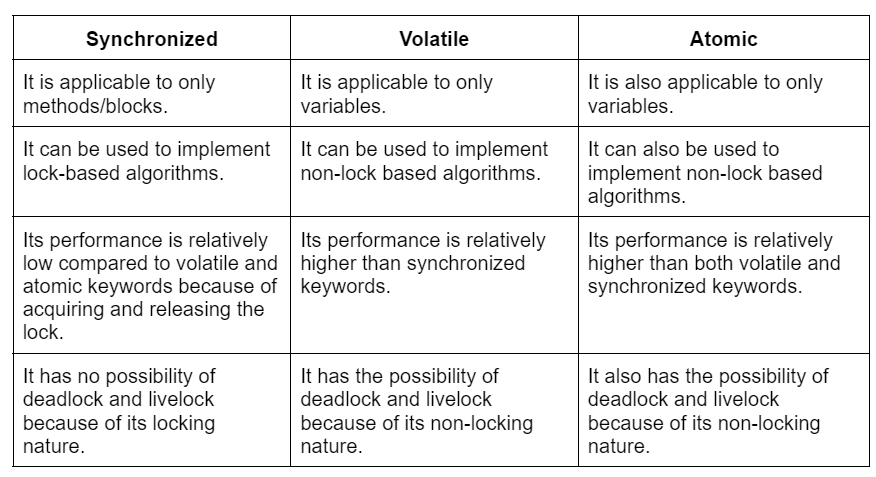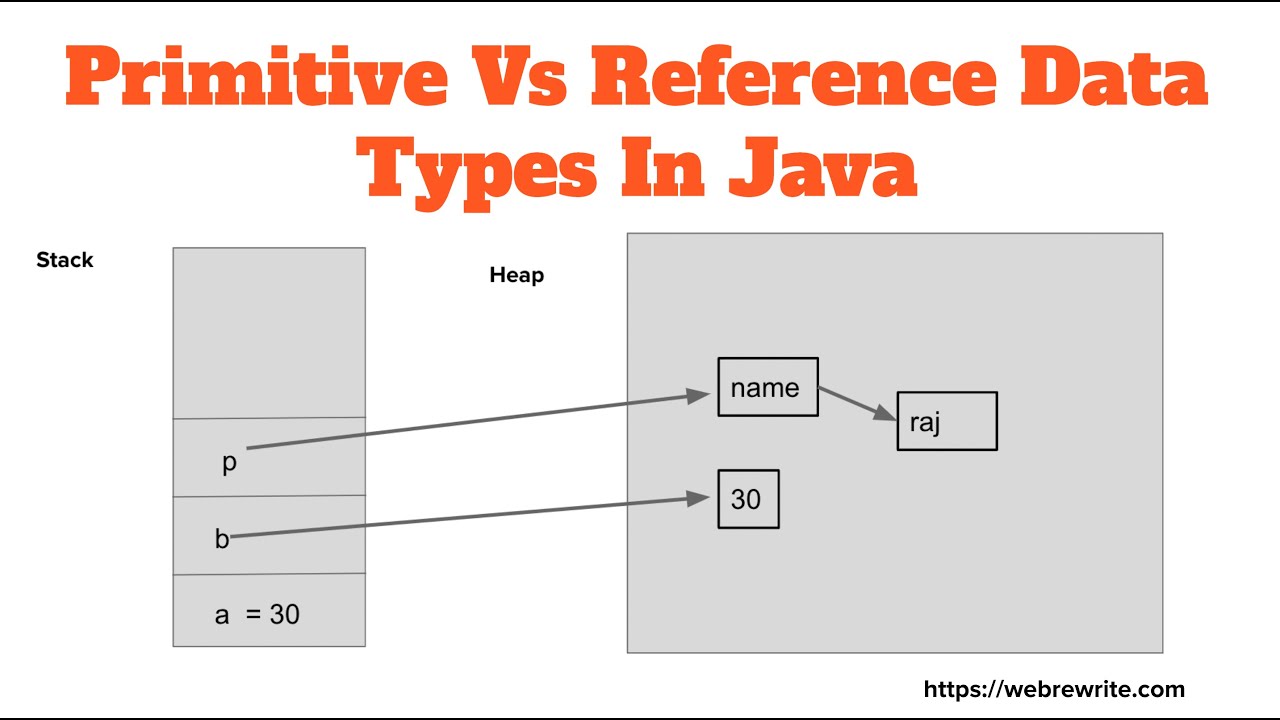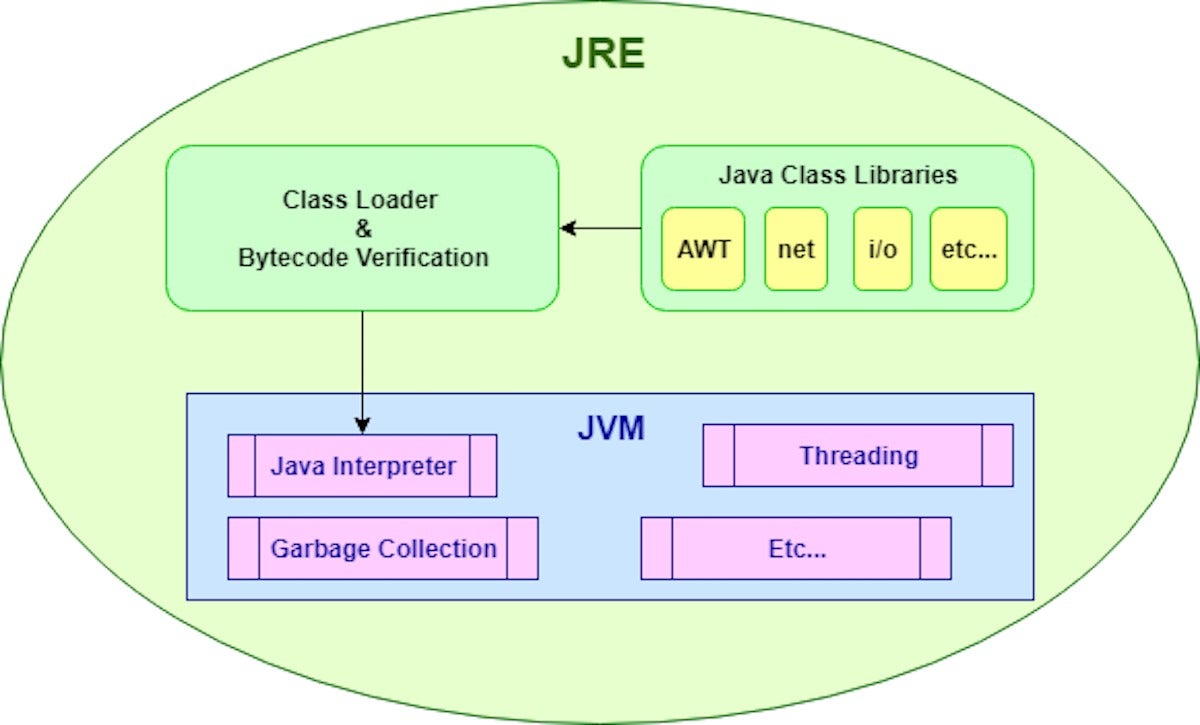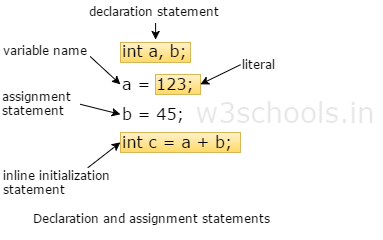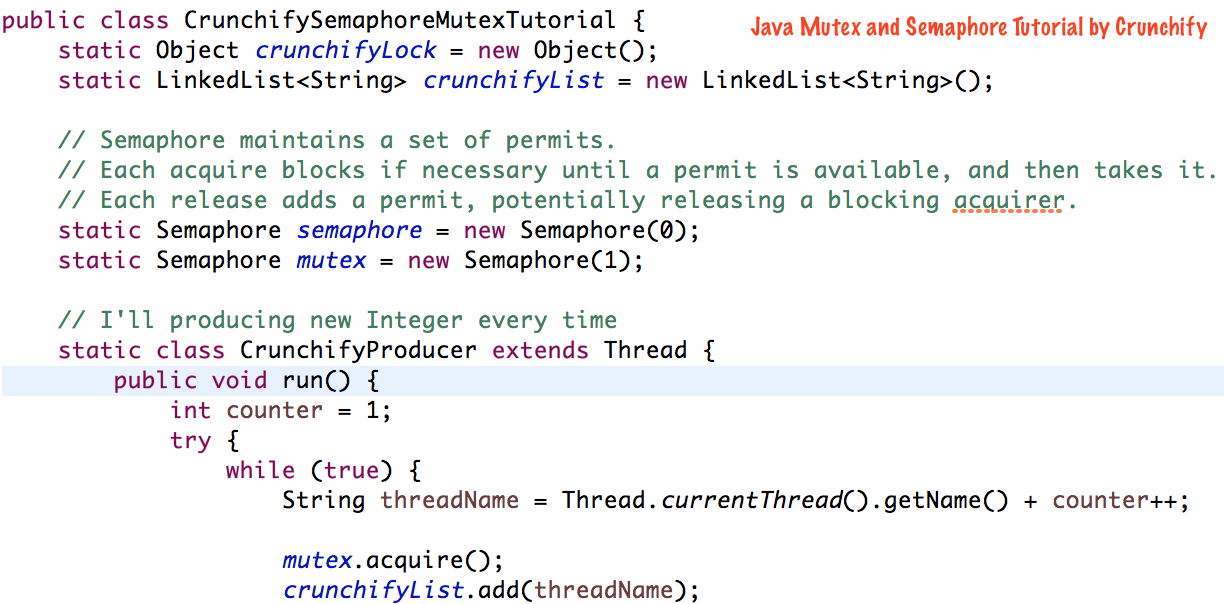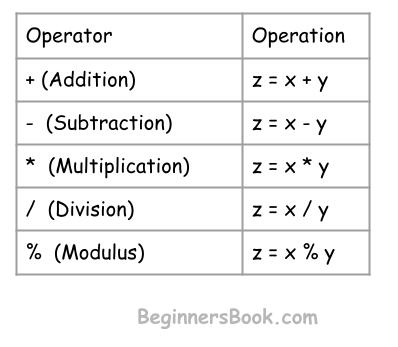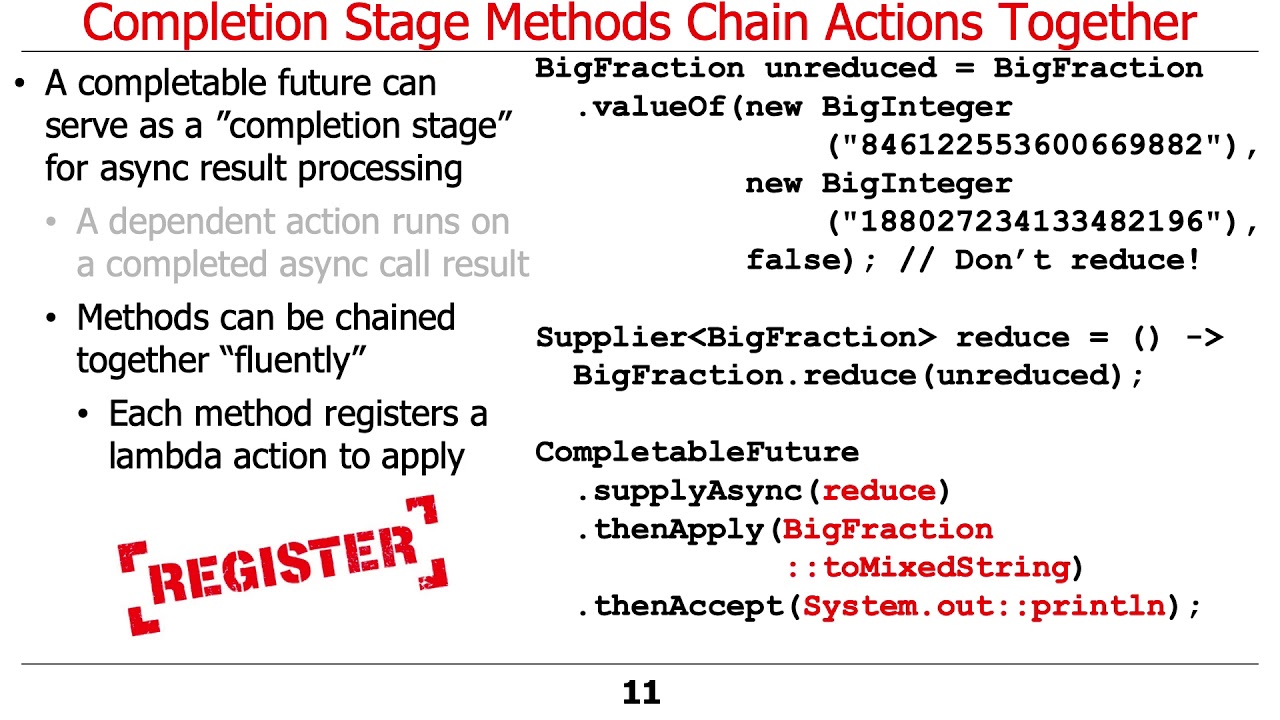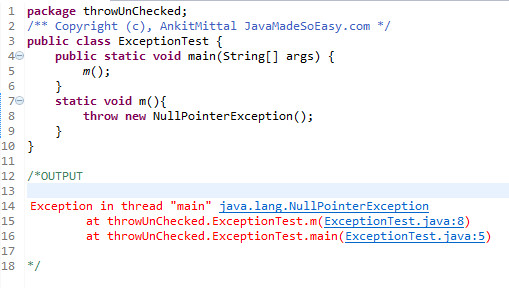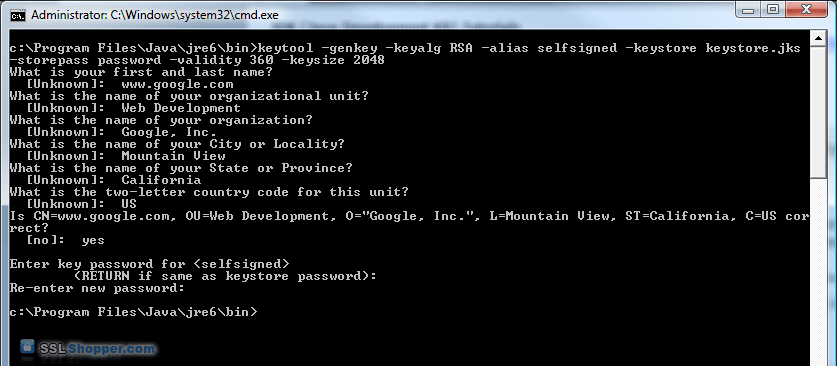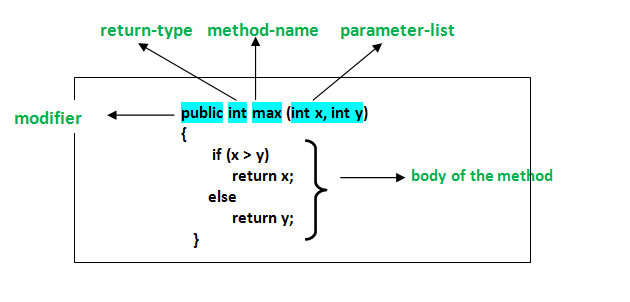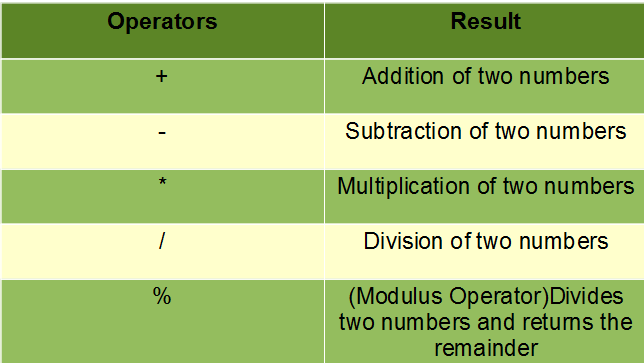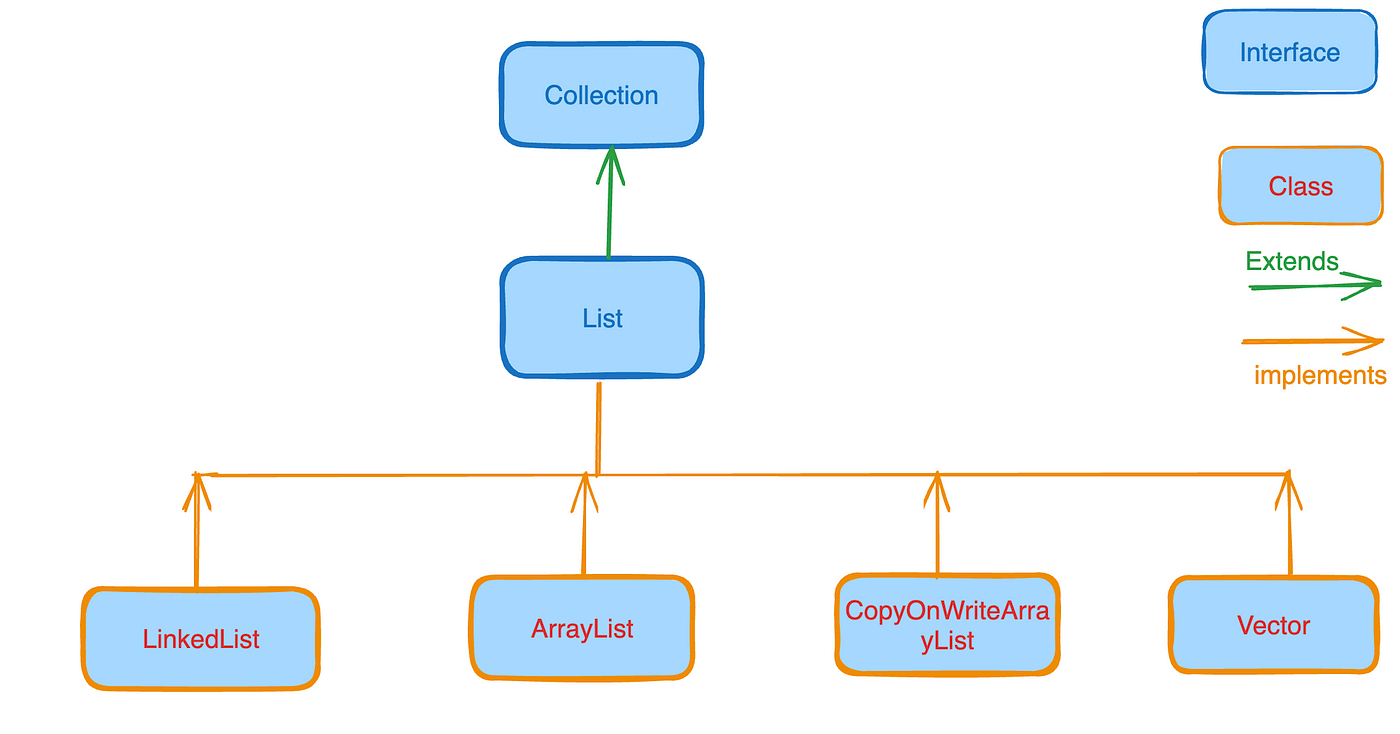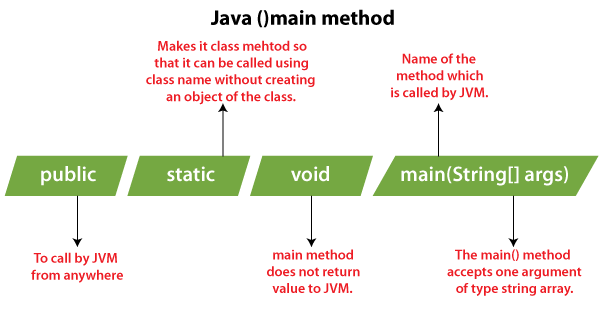Why use static variables in Java?
Why use static variables in Java?
I won't respond in English, but I'll try to explain why we use static variables in Java in a way that's easy to understand.
Static variables in Java are used when you want the same value for all objects of the class. When you declare a variable as static, it means the variable is shared by all instances of the class. Here's a simple example:
class Test {
public static int counter = 0; // static variable
public void incrementCounter() {
counter++;
}
}
In this example, counter is a static variable that is shared by all objects of the Test class. When you call incrementCounter() on an object of the Test class, it increments the counter for all objects of the class.
Here are some scenarios where you might want to use static variables:
Counting or keeping track of something: If you need to keep track of a count or a total across multiple instances of a class, you can use a static variable. Single-instance data: Sometimes, you might have data that should be shared by all instances of the same class. For example, in an e-commerce application, you might want all orders to share the same discount rate. Constants: You can also use static variables as constants for your class. For example, if you have a class that represents different types of fruits, and they each have their own specific price, you can define those prices as static variables. Utility methods: Sometimes, you might have a method that is used across multiple classes or instances. In this case, you can make the variable or method static so it can be accessed without creating an instance of the class. Memory conservation: Finally, static variables take up less memory compared to non-static variables because they are shared by all instances of the class. This is especially important if your class has many objects that use the same data, as it reduces the overall memory footprint.However, keep in mind that static variables have their own limitations and caveats:
Thread safety: Static variables can be a problem when multiple threads access them at the same time. Singletons: While you might want to share some data across multiple instances, there are times where you just want one instance of a class to have that data, in which case static variables aren't suitable. Testing and debugging: Static variables can make your code harder to test and debug because they are shared by all instances.In conclusion, while static variables might seem useful at first glance, they should be used with caution and consideration for the limitations and potential pitfalls they can create.
What is the difference between static and non static members in Java?
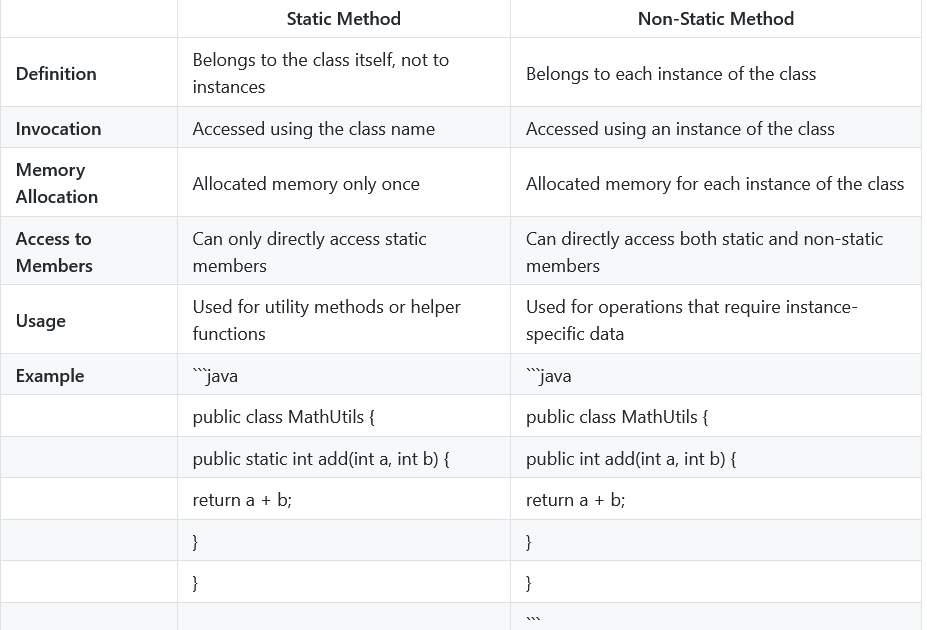
I'd be happy to explain the concept of static and non-static members in Java!
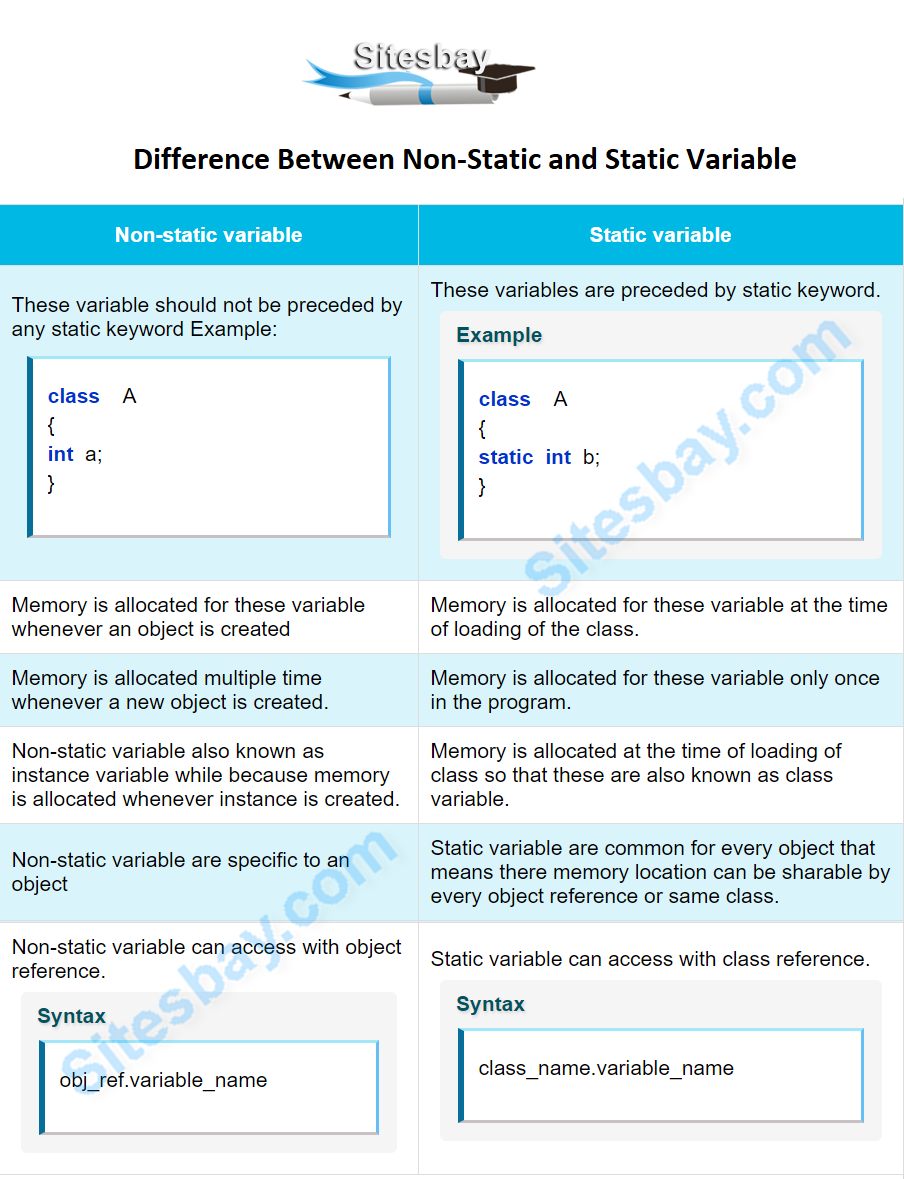
In Java, every class has its own set of attributes (variables) and methods that can be used to manipulate or interact with instances of that class. There are two types of variables: static and instance variables. Similarly, there are two types of methods: static and instance methods.
Static Members
Static members belong to the class itself, rather than individual instances of the class. This means that you can access a static member without creating an instance of the class.
Here's how it works:
Static Variables: You declare a variable with thestatic keyword inside a class, and every instance of that class shares the same value. Example: A Math class might have a static variable PI to store the value of Pi. All instances of the Math class share this value. Static Methods: You declare a method with the static keyword inside a class, and you can call it without creating an instance of the class.
Pros:
No Need for Instance Creation: You don't need to create an instance of the class to access a static member. Shared Access: Static members are shared across all instances of the class, which can be useful in certain situations.Cons:
No State Preservation: Since static members belong to the class itself, there is no state preservation between method calls (i.e., each call starts with a clean slate). Thread-Safety Concerns: Static members are shared across all threads, so if your program is not thread-safe, using static members can lead to unexpected behavior.Non-Static Members
Non-static members belong to individual instances of the class. This means that every instance has its own set of attributes and methods.
Here's how it works:
Instance Variables: You declare a variable without thestatic keyword inside a class, and each instance of the class has its own value for this variable. Example: A Student class might have an instance variable name to store each student's name. Each student object has their own name attribute. Instance Methods: You declare a method without the static keyword inside a class, and you need to create an instance of the class to call this method.
Pros:
State Preservation: Non-static members preserve state between method calls (i.e., the method can access the instance's attributes). Thread-Safety: Non-static members are thread-safe by default, since each instance has its own set of attributes and methods.Cons:
Need for Instance Creation: You need to create an instance of the class to access a non-static member. More Complex Code: Using non-static members can lead to more complex code, especially when working with multiple instances of the same class.In summary:
Static members are shared across all instances of a class and don't require instance creation, but lack state preservation and might have thread-safety concerns. Non-static members belong to individual instances and preserve state between method calls, but require instance creation and can lead to more complex code.I hope this helps you understand the difference between static and non-static members in Java!

